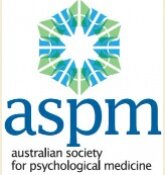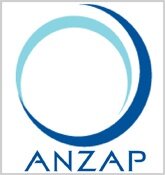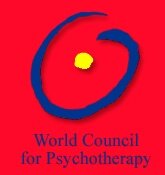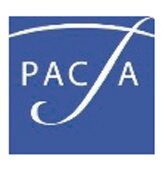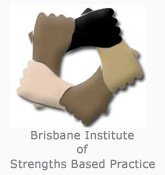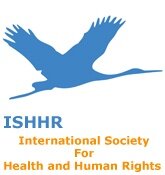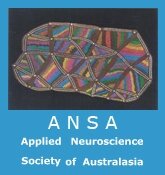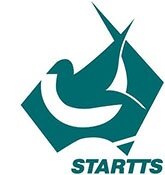|
ContributorsPractice of PsychotherapyThe Conversational ModelSelf PsychologyNotions of SelfBrief Interpersonal Therapies Dialectical Behaviour TherapyCognitive Behavioural TherapyAccept. & Commit. Therapy Attachment Child and AdolescentEMDRBody Oriented TherapiesAdvances in Neuroscience Art TherapyMindfulnessYoga and TherapyTestimonial TherapyEditors Review
|
Working memory systems in health and disease
|
|
Profossor C Richard Clark
|
An important task of the human central nervous system is to link sensory information to appropriate response. This is the defining characteristic of adaptive behaviour in humans. Such adaptability is presumed to be mediated by working memory systems that process and respond to detected stimuli according to experience, needs, context and intention, and underpins the capacity to realize goals and plans. The neurobiological basis of this system has been studied intensively over the last twenty years, with significant knowledge now accrued in relation to both health and disease. This paper will discuss aspects of the development of working memory
Recorded: 14th - 15th of August 2010
Annual conference of The Applied Neuroscience Society of Australia
Brain Health in the 21st Century (evidence Based & emerging neurotechnologies)
|
C Richard Clark
 |
 more about this speaker more about this speaker |
 other talks by the speaker other talks by the speaker
|

Profossor C Richard Clark
|
Richard Clark is Emeritus Professor of Psychology at Flinders University, where he is a past Head of School. He has been internationally recognised for his contributions to cognitive neuroscience and in the provision of some of the initial evidence of brain changes in many disorders of psychological function, including traumatic brain injury (TBI), post-traumatic stress disorder, panic disorder, attention deficit disorder, anxiety, autism spectrum disorder and schizophrenia. Whilst at Flinders University, he developed one of the first cognitive science programs in Australia, combining knowledge, conceptual frameworks and academic expertise from a range of disciplines including psychology, medicine, biology, linguistics, mathematics, computer science, engineering and philosophy. He has published over 200 articles in peer-reviewed journals, articles and books and during his career, with colleagues, has attracted over $5 million dollars in research funds from local and national funding bodies. In addition to a career in research, he has practiced as a clinician for over 30 years, initially focusing on the neuropsychological assessment of psychopathological conditions, with an emphasis on assessing brain as well as psychological function to provide a more objective understanding of functional loss. Over the last 10 years his practice has also focused on combining psychotherapy and neurotherapy in the treatment of many disorders of mental health. He has been instrumental in Australia in helping establish the regulated use of neurotherapy as an adjunct to conventional psychotherapies, contributing to the development of clinical practice standards and the creation of a national accreditation authority. He is on the National Executive of the Applied Neuroscience Society of Australasia, on the Board of the Biofeedback Certification International Alliance Australia. He is a past-President of the Australasian Society for Psychophysiology, past-Patron of the Brain Injury Network of South Australia, is on the Editorial Board of the journal, Clinical EEG & Neuroscience, and is a Fellow of the Applied Neuroscience Society of Australasia and of the Academy of Social Sciences in Australia.
For more information visit: http://brainclinic.net.au/
|

Navigation
......................................
Home Page
......................................
......................................
|
Help
......................................
......................................
......................................
|
Audio Visual Archives
......................................
......................................
......................................
......................................
|
Useful
......................................
......................................
......................................
|
|
|
|
Subscribers
Login Here
|
|
Email
|
|
Subscribe
Now
|
|
BENEFIT from
UNLIMITED ACCESS to our
GROWING VIDEO LIBRARY
Monthly
$19.95 - Unlimited Access
6 Months
$99.75 - Save 1 Month
1 Year
$149.95 - Save 3 Months
|
|
|


